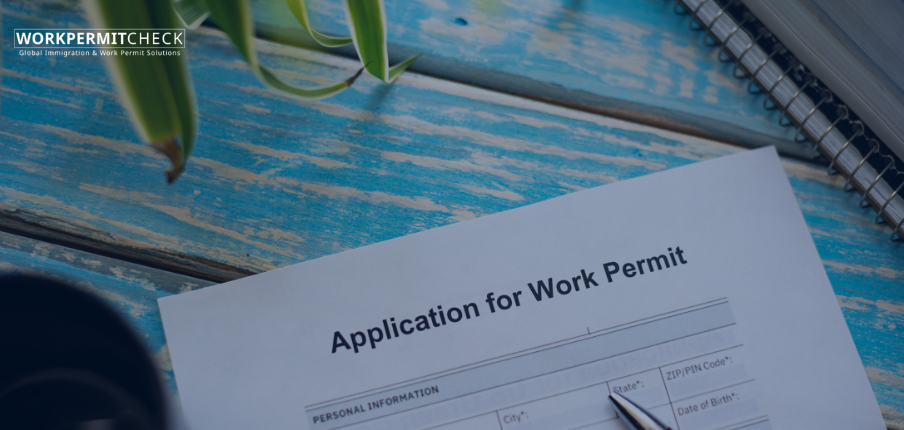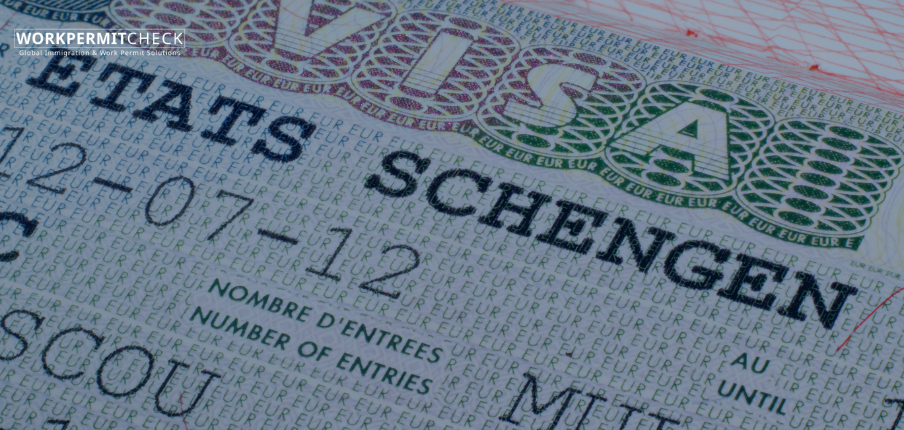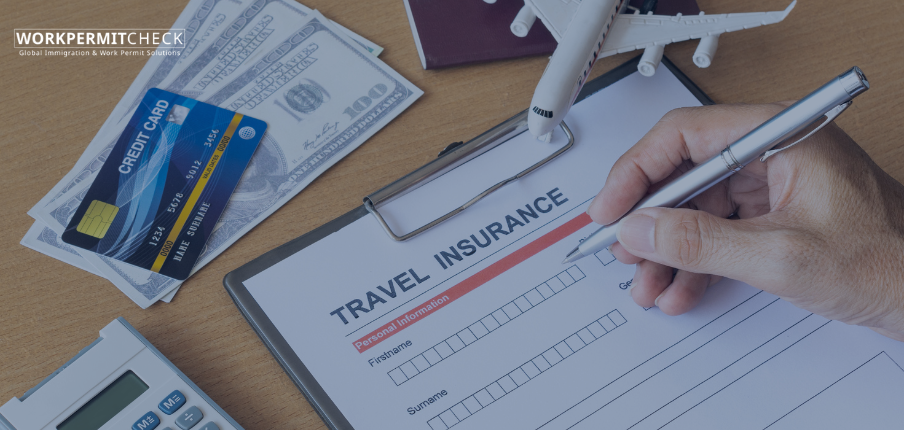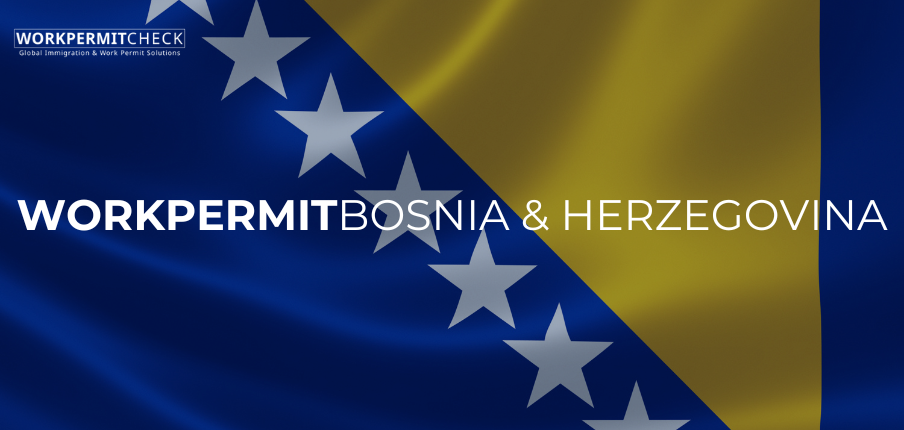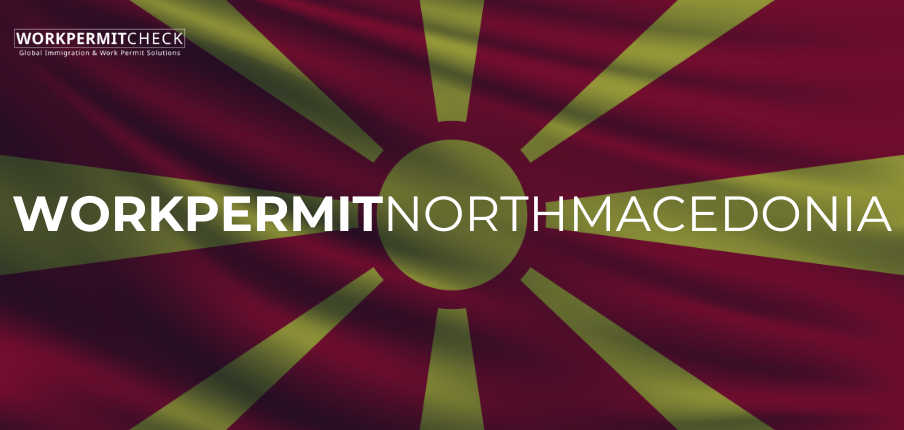The United Kingdom is a major destination for international professionals seeking career opportunities across various sectors, from technology and healthcare to finance and education. However, for non-UK nationals, working legally in the UK typically requires obtaining the appropriate work visa or permit. This guide walks you through the different types of work permits available, eligibility requirements, the application process, and what to expect after approval.
Who Needs a Work Permit to Work in the UK?
If you are not a British citizen, an Irish citizen, or do not have settled or pre-settled status under the EU Settlement Scheme, you will generally need a work visa or permit to work in the UK.
This includes:
-
Non-EU/EEA/Swiss nationals
-
EU/EEA/Swiss nationals who moved to the UK after December 31, 2020
Types of Work Permits (Work Visas) in the UK
The UK offers several types of work visas based on occupation, skill level, and job sector. The most common include:
1. Skilled Worker Visa
The Skilled Worker visa is the most widely used work permit in the UK. It is designed for foreign nationals with job offers in eligible skilled occupations from licensed UK employers (sponsors).
Key features:
-
Requires a confirmed job offer
-
Minimum salary thresholds apply (based on occupation and experience)
-
English language proficiency required
-
Valid for up to 5 years, renewable
-
Can lead to permanent residency (Indefinite Leave to Remain)
2. Health and Care Worker Visa
A subcategory of the Skilled Worker visa, tailored specifically for qualified medical professionals working in eligible roles within the UK’s health and care sector.
Eligible roles include:
-
Doctors
-
Nurses
-
Care workers and home carers
-
Senior care workers
-
Paramedics and other healthcare specialists
Benefits:
-
Streamlined processing
-
Exemption from certain government charges
-
Pathway to settlement
3. Global Talent Visa
For individuals who are leaders or potential leaders in academia, research, arts, culture, and digital technology.
Key points:
-
No job offer required
-
Endorsement by a recognized UK body (Tech Nation, Arts Council, etc.) is typically required
-
Flexible work arrangements allowed
-
Suitable for freelancers, researchers, and creatives
4. Graduate Visa
Available to international students who have completed a degree in the UK. Allows them to stay and work (or look for work) in the UK for up to:
-
2 years (bachelor’s or master’s graduates)
-
3 years (PhD graduates)
No employer sponsorship is required.
5. Intra-Company Transfer Visa
For employees of multinational companies transferring to a UK branch. Requires a sponsorship from a UK-based employer linked to the overseas company.
Not a direct path to settlement, but suitable for short- to medium-term assignments.
6. Start-Up and Innovator Founder Visas
For entrepreneurs looking to set up innovative businesses in the UK. Must be endorsed by an approved UK endorsing body. These visas are ideal for individuals with strong business plans and startup ambitions.
General Eligibility Criteria
While specific requirements vary by visa type, the following are general eligibility criteria for most UK work permits:
-
A valid job offer from a licensed UK sponsor (for employer-sponsored visas)
-
Proof of English language proficiency
-
Salary meeting or exceeding the visa category's threshold
-
Educational qualifications and relevant work experience
-
A Certificate of Sponsorship (CoS) from the employer (for Skilled Worker routes)
-
Sufficient personal savings to support yourself (if required)
How to Apply for a UK Work Permit
Step 1: Check Your Eligibility
Identify the most appropriate visa type based on your occupation, experience, and career goals. Review the UK Government’s official visa eligibility checker or consult a licensed immigration advisor if needed.
Step 2: Secure a Job Offer (if applicable)
For employer-sponsored visas (such as the Skilled Worker visa), you must receive a formal job offer from a UK employer who is licensed to sponsor workers. The employer will issue a Certificate of Sponsorship.
Step 3: Prepare Required Documents
Typical documents include:
-
Passport or travel document
-
Certificate of Sponsorship reference number
-
Proof of English language ability
-
Tuberculosis test results (if required for your country)
-
Proof of financial means (if required)
-
Educational and professional qualifications
Additional documents may be required depending on the visa route.
Step 4: Apply Online
Applications for UK work visas are submitted online through the UK Government’s official visa application portal. You will need to:
-
Complete the online application form
-
Upload supporting documents
-
Book a biometric appointment at a visa application center in your country
Step 5: Wait for a Decision
Processing times vary but are generally:
-
3 weeks for applications made outside the UK
-
8 weeks for in-country applications (e.g., switching visas)
Expedited processing is available in some locations.
Step 6: Travel and Begin Work
Once approved, you will receive a visa vignette (sticker) in your passport or a digital status. You can travel to the UK and begin working as per the conditions of your visa.
Important Notes
-
You must work only in the job role and for the employer specified in your permit.
-
Changing employers or jobs may require a new visa application.
-
Most visas allow dependents (spouses and children) to join the applicant in the UK, subject to certain conditions.
-
After a qualifying period (typically 5 years), many work visa holders can apply for Indefinite Leave to Remain.
Conclusion
Obtaining a work permit for the UK is a structured but achievable process for qualified professionals. The key is selecting the right visa pathway, securing an eligible job offer (where required), and ensuring all requirements are met during the application process. With the UK continuing to attract global talent, it remains one of the top destinations for international career growth.
If you are considering working in the UK, start by researching your visa options and preparing your application early. Consulting an immigration expert can also help streamline the process and improve your chances of success.
April 18, 2025






